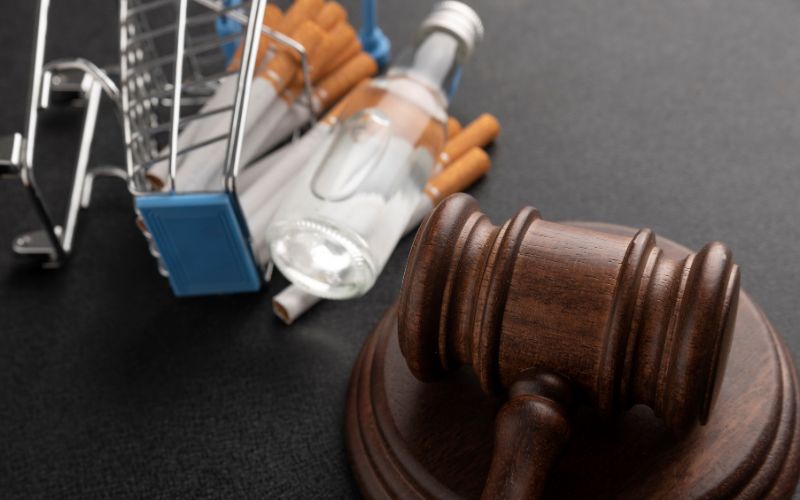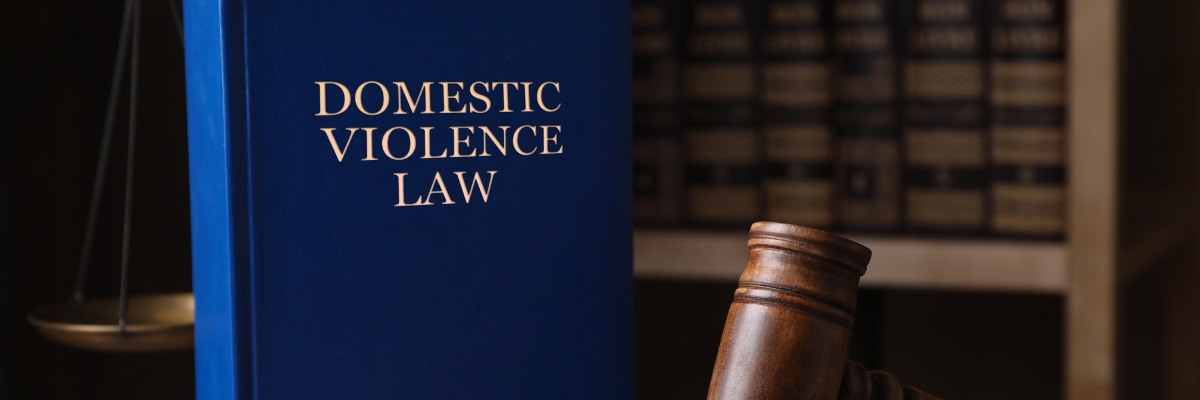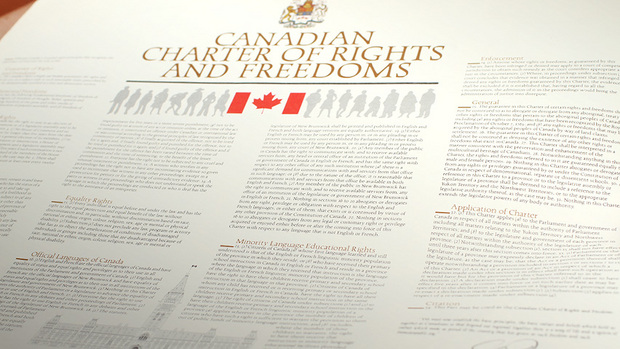Representing Guilty Clients
How can you represent people who you know are guilty? It is a question every criminal defence lawyer has been asked on more than one occasion. I know I was asked this question even before I became a criminal defence lawyer, back when I first expressed an interest in practicing criminal law. This question if often asked in relation to some of most serious criminal offences such as sexual assault, murder, and any sexual offences with respect to children.
So, how do lawyers represent people who they know are guilty? Well the answer to that question has a can be divided into two parts; (1) the professional component, and (2) the personal component.
From a Professional and Legal Perspective, How do Lawyers Represent Guilty Clients?
As a criminal defence lawyer, it is just accepted that you are going to be representing clients who are guilty of committing criminal acts. However, whether a client may be guilty or not guilty is simply not a factor that any criminal defence lawyer ought to consider when agreeing to represent a client charged with a criminal offence. Quite often lawyers are not even aware whether a client is guilty or not guilty when they agree to represent them. Even when we are familiar with the nature of the allegations, we should not be picking and choosing our clients based upon our personal views and opinions.
As lawyers and officers of the court, we cannot to allow our personal views or opinions to jeopardize our professional duties and responsibilities to our clients. This means that no matter how horrific the crime or what our views are regarding a particular type of offence, we cannot abandon a client.
We have to continue to advocate fearlessly and resolutely on behalf of our clients. As criminal defence counsel, this means that we still have to hold the Crown Attorney to the burden of proving its case beyond a reasonable doubt. The Canadian Charter of Rights and Freedoms provides that all persons are presumed innocent until proven guilty. It is not our responsibility, nor are we entitled to determine guilt or innocence as lawyers. Our responsibilities encompass representing our clients’ legal rights pursuant to the laws that govern our country. Therefore, if the Crown Attorney cannot meet the burden of proving its case beyond a reasonable doubt, then even a client we know is guilty is still entitled to be found not guilty.
Finally, clients we know are guilty are still entitled to be treated with courtesy, respect, fairly and with dignity. Our responsibilities as lawyer does not including judging any of our clients, even those individuals who have committed some of the most horrific crimes.
From a Personal Perspective, How do Lawyers Represent Clients they know are Guilty?
As indicated above, a lawyer’s personal feelings about a particular client or the criminal offence alleged to have been committed cannot come before the rights and interests of a client. This can be particular challenging when working with clients who are alleged to have committed some very violent and horrific acts. Criminal defence lawyers, Crown Attorneys, police officers, and judges are not immune to from the vicarious impact that these types of cases can have, both mentally and emotionally.
As lawyers, we have to set aside our personal feelings and opinions when we are representing our clients, however this does not mean we can completely ignore them. We cannot go home at the end of the day and simply put aside the information and people we have come into contact with in our professional capacities as lawyers.
A lawyer who is not willing to address the impact his or her professional life can have on his or her personal life is more likely to be at risk for burnout. Conversely, a lawyer who has a greater self-awareness of the impact their work can have on their personal lives is going to be in a much better position to prevent any of their personal feelings or opinions from impacting their ability to professionally represent their clients to the best of their ability.
Contact
Contact me today if you have been charged with a criminal offence and arrange a free consultation.













